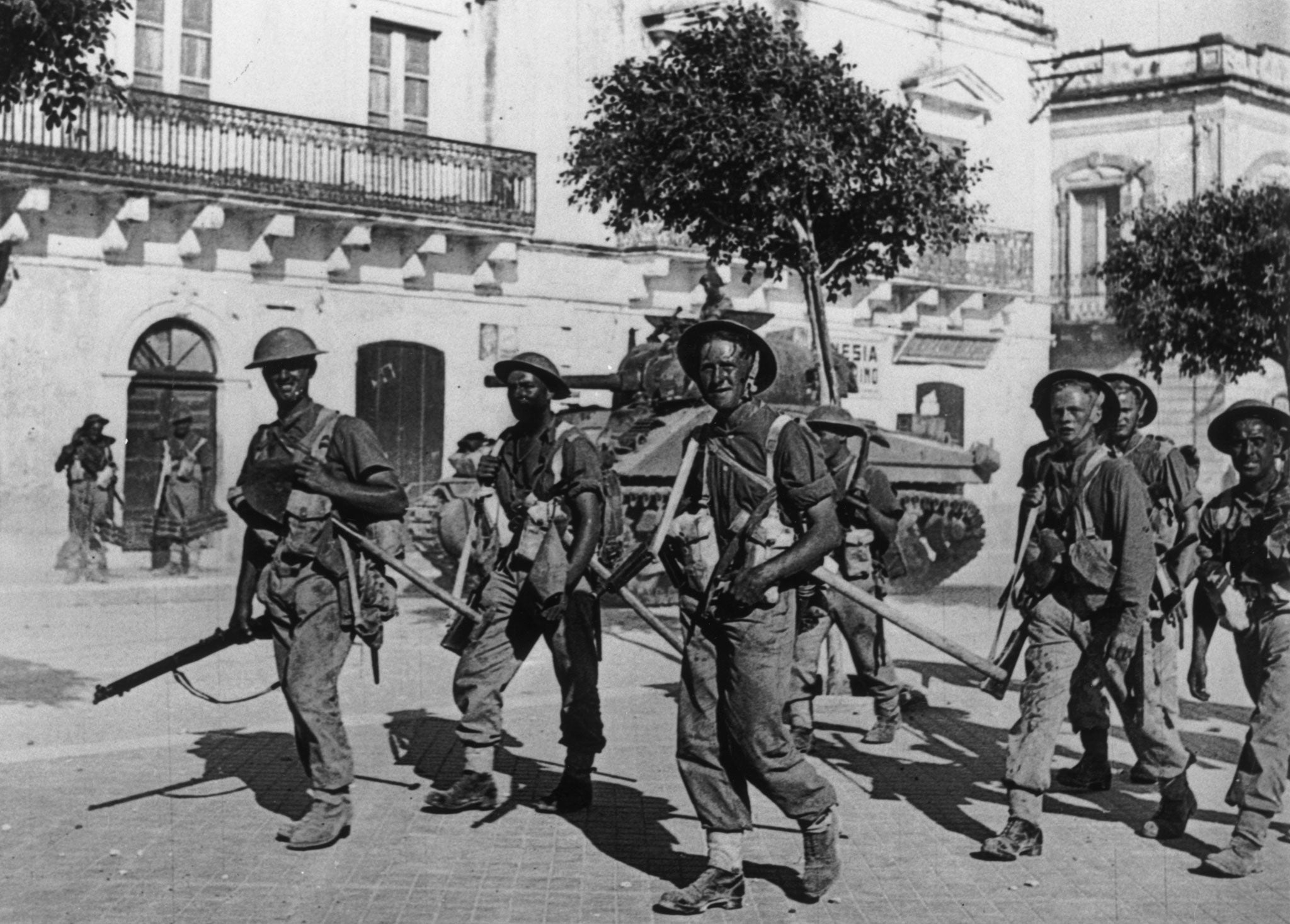In The Wolf's Mouth by Adam Foulds, book review: Four men's lives fleetingly entwine in a novel of fine, minimalist restraint
Four men's lives fleetingly entwine in a novel of fine, minimalist restraint

Your support helps us to tell the story
From reproductive rights to climate change to Big Tech, The Independent is on the ground when the story is developing. Whether it's investigating the financials of Elon Musk's pro-Trump PAC or producing our latest documentary, 'The A Word', which shines a light on the American women fighting for reproductive rights, we know how important it is to parse out the facts from the messaging.
At such a critical moment in US history, we need reporters on the ground. Your donation allows us to keep sending journalists to speak to both sides of the story.
The Independent is trusted by Americans across the entire political spectrum. And unlike many other quality news outlets, we choose not to lock Americans out of our reporting and analysis with paywalls. We believe quality journalism should be available to everyone, paid for by those who can afford it.
Your support makes all the difference."In Bocca al Lupo" – or, into the wolf's mouth – is a phrase used by Italians to wish each other good luck as they go into a tight spot. The wolf's mouth of Adam Foulds' new novel –his previous, The Quickening Maze, was nominated for the Booker in 2009 – is post-liberation Sicily in 1943.
Anyone alive in Europe during the war has their own thread of experience which exists in a tapestry with others'. Foulds' skill here is to weave four fleetingly connected characters – who would have otherwise floated apart in unconnected galaxies – together through the prism of war.
We first meet, in 1926, Angilù Cassini, a young shepherd stuck in a crippling circle of intimidation – where "men of respect" attack his flock, and then him. A bloody incident leads one of those men – Cirò Albanese – to escape the law, and the old country, in a coffin to America, where he promptly takes his brand of business acumen to the docks of New York City.
Meanwhile, we meet two young soldiers; one British, one American. Will Walker is an ambitious young man from Warwickshire desperate to be commissioned as an officer. Ray Marfione is a second- or third-generation Italian-American who has barely left Lower Manhattan when he is thrust into battle. The routes of all four to Sicily are wildly different. Walker, working in a field security unit, is dropped into the theatre after the fighting to appease locals in Africa and then moved to Italy with the Amgot (Allied Military Government of Occupied Territories) to administer rule of law in post-Fascist Italy. It's Ray who sees the brunt of the action, trooping across the dust of Morocco and Algeria, watching his friends die.
It's in these battle scenes where Foulds excels. The writer manages to combine the horrors and banalities of war in the same sentence. A brutal early run of chapters depicts the bloody horrors of the post-invasion push across the continent with a visceral aplomb. It's fine, sparse war writing, capturing the confused terror of an invasion. Though it's actually a later moment which provokes the most churning reaction in the book. As a young soldier eagerly runs up to a burned-out truck: "Ray saw him jump up into the air and apart in pieces. That was a strange thing for him to do." Which works because, yes, that probably is exactly what you'd think for a second if you saw someone stand on a mine.
The characters come together in Italy via the Amgot operations. Albanese is approached by US authorities to help them as he knows the area. A vengeful wasp in the wolf's mouth. Italian-American Ray is held behind the push into mainland Italy for similar reasons and the multilingual Brit becomes the tie that binds them all as we return to Angilù the shepherd, embedded with a local prince and his daughter.
What makes In the Wolf's Mouth satisfying is that despite both the macro themes here – the Second World War and the Mafia – being backdrops so well-worn as to be threadbare, the way in which they're combined through these different strands works to remind you that society is as society is. No matter how much disruption is caused by war, immigration and crime, countries enmeshed by battle will begin to go on as they went before. Whether Palermo, New York or Algiers. Here, Foulds, a Costa award-winning poet, matches his flair for rhythm with a skilful ownership of both his prose and a complex narrative. All delivered with a minimalist restraint.
Join our commenting forum
Join thought-provoking conversations, follow other Independent readers and see their replies
Comments